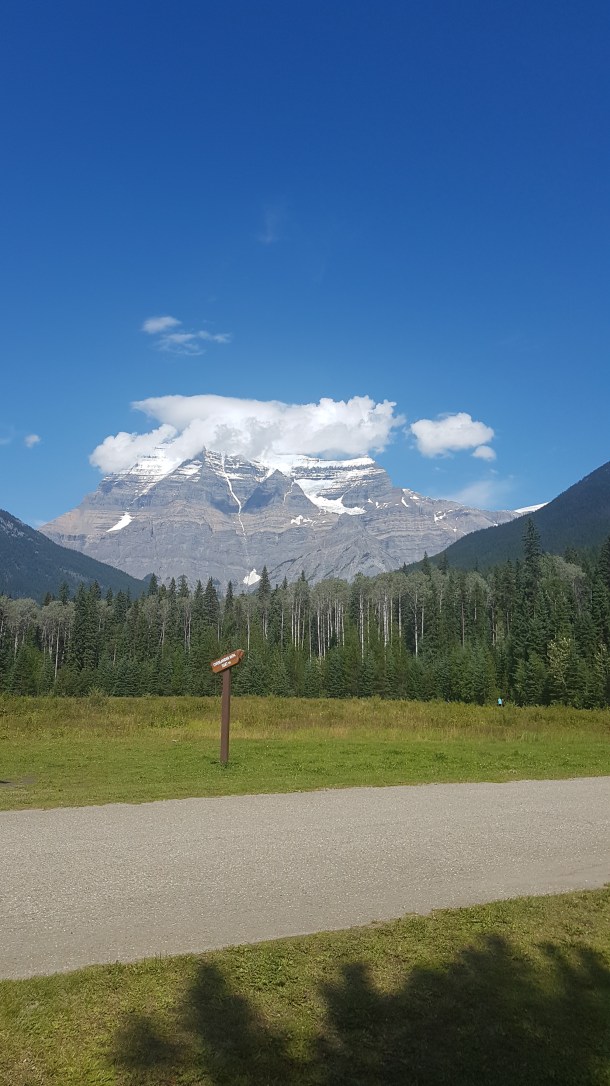via Albert Einstein
Mrs. Vee offers a quote from Einstein and a headshot. The quote suggests imagination, which is unbounded, is more important than knowledge, which is limited in scope.
Those who educate provide “images for [the] imagination and for forming…memory….to grasp the ‘circumstances’ [we live in] in their infinite variety.” I use the word educate purposely, as each of us learns in settings other than schools. Schools are formal places where a particular agenda is followed.
Over the last few months, I struggled as I transitioned from having taught and wanting to teach. I define myself as a teacher. I taught one term at a small, private, Christian-based university. I applied twice for a tenure track position and have been ignored both times. I think there are multiple things at play and will deal with three. First, others my age are ready to retire. They say things like “I worked to get to this stage.” I understand teaching as a calling, so never worked to get to this stage. Second, it turns out, in the eyes of some, I am the wrong kind of Christian. I am Catholic, yet I am probably, in the eyes of many Catholics, the wrong kind of Catholic. Third, I limited my imagination. I think this is natural. I have not been here before and have few images for imagination. I only knew myself as a teacher, limiting the possibilities of what I could do and who I was still becoming.
The last point is essential. I mentioned this in the last two posts. I have been writing and am invited by others in to collaborate. I can imagine myself as a writer. I don’t know what kind of writer and what other doors it will open up. But, I have been here before.
Kathy reminds me frequently that “when one door closes, another opens.” What I have to recall is I do not know what will happen as I walk through the new door. I can imagine it and, with imagining, new worlds open up and hope exists.

This is the front side of Mt. Robson. I have never seen the backside. I can imagine what it might look like based on what I see and what I have read about it. There is a glacier and lake on the mountain. Based on past experience (history), I can imagine sitting on the edge of the lake, like I can imagine sitting and writing the next poem, article, book chapter, a book about teaching in the best little school in the world, etc. I get to imagine my life, so I don’t have to be the right kind of anything for administrators who can only operate in binary terms.





